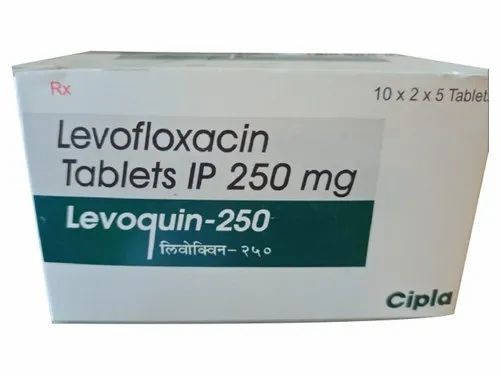A client is being educated about insulin and is able to repeat the newly acquired information using their own words to the nurse.
Which of the following statements confirm the teaching has been effective?
I should have my hemoglobin A1C checked monthly.
I should always have my breakfast ready to eat before injecting my morning insulin.
If I feel hungry I can eat early and take a little extra insulin next time it is due.
On sick days I don’t have to check my blood sugar or eat, just get plenty of fluids.
The Correct Answer is B
I should always have my breakfast ready to eat before injecting my morning insulin. This statement confirms that the client understands the importance of matching insulin administration with food intake to prevent hypoglycemia.
Choice A is wrong because hemoglobin A1C should be checked every 3 months, not monthly, to monitor long-term glycemic control.
Choice C is wrong because eating early and taking extra insulin later can cause fluctuations in blood glucose levels and increase the risk of complications.
Choice D is wrong because on sick days, the client should check blood sugar more
often and eat small amounts of carbohydrates to prevent hyperglycemia and ketoacidosis.
Nursing Test Bank
Naxlex Comprehensive Predictor Exams
Related Questions
Correct Answer is D
Explanation
Levofloxacin (Levaquin) is a fluoroquinolone antibiotic that is not structurally related to penicillin and has a very low risk of cross-reactivity with penicillin.

Levofloxacin can be safely used in patients with penicillin allergy unless they have a history of hypersensitivity to other fluoroquinolones.
Choice A is wrong because cephalexin (Keflex) is a first-generation cephalosporin that has a similar side chain to some penicillins and may cause cross-reactivity in penicillin-allergic patients. The risk of cross-reactivity is higher for first- and second-generation cephalosporins than for third- and fourth-generation cephalosporins.
Choice B is wrong because cefaclor (Ceclor) is a second-generation cep
Correct Answer is D
Explanation
Take this medication at least 30 minutes before ingesting any food or medication.
This is because alendronate (Fosamax) is a bisphosphonate that works by inhibiting the breakdown and reabsorption of bone. However, it has a very low bioavailability, which means that only a small amount of the drug is absorbed into the bloodstream when taken orally. Therefore, taking it with food or other medications can interfere with its absorption and reduce its effectiveness.
The other choices are wrong because:
A. Chew the tablet well and report any difficulty swallowing. This is wrong because alendronate tablets should not be chewed or crushed, but swallowed whole with a full glass of plain water. Chewing or crushing the tablets can increase the risk of irritation or damage to the esophagus (the tube that connects the mouth to the stomach). Difficulty swallowing is a possible side effect of alendronate and should be reported to the doctor, but it is not an instruction for taking the medication.
B. Take the medication with six to eight ounces of milk. This is wrong because milk contains calcium, which can bind to alendronate and prevent its absorption. Alendronate should not be taken with any beverages other than plain water.
C. Lie down for 15 to 30 minutes after taking the medication. This is wrong because lying down after taking alendronate can increase the risk of esophageal irritation or
ulceration. Alendronate should be taken in the morning, at least 30 minutes before eating or drinking anything, and the person should remain upright (sitting or standing) for at least 30 minutes after taking it.
Normal ranges for bone density are expressed as T-scores, which compare a person’s bone density to that of a healthy young adult of the same sex. A T-score of -1.0 or above is normal, a T-score between -1.0 and -2.5 indicates low bone density (osteopenia), and a T-score of -2.5 or below indicates osteoporosis.
Whether you are a student looking to ace your exams or a practicing nurse seeking to enhance your expertise , our nursing education contents will empower you with the confidence and competence to make a difference in the lives of patients and become a respected leader in the healthcare field.
Visit Naxlex, invest in your future and unlock endless possibilities with our unparalleled nursing education contents today
Report Wrong Answer on the Current Question
Do you disagree with the answer? If yes, what is your expected answer? Explain.
Kindly be descriptive with the issue you are facing.
